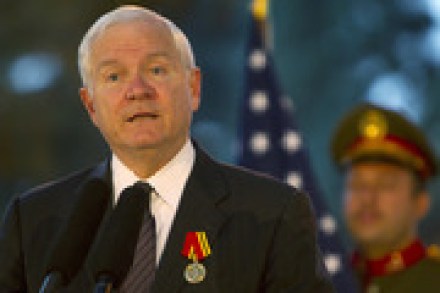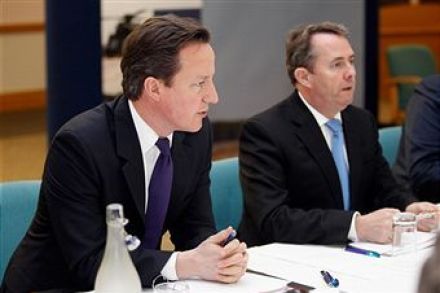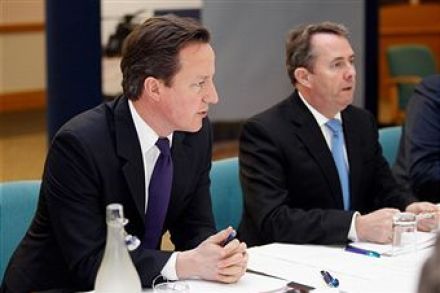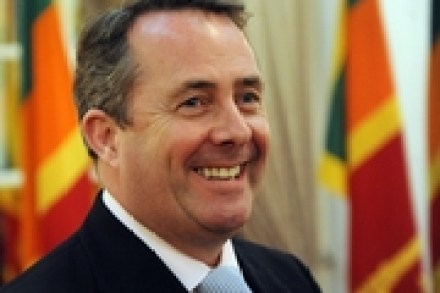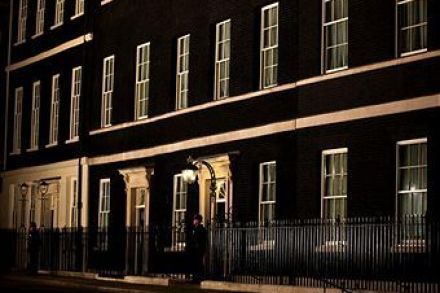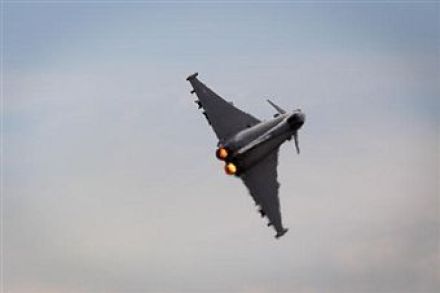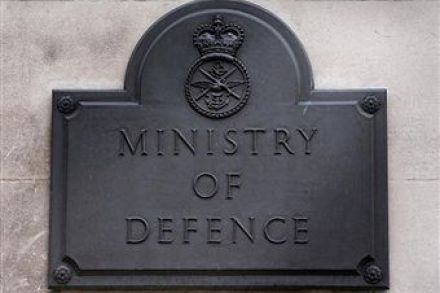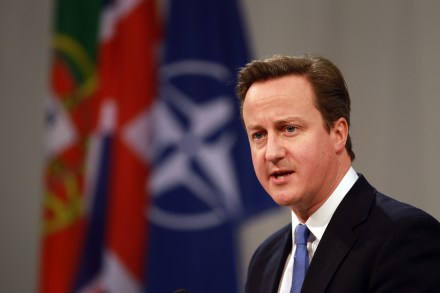Gates: Current state of Nato is ‘unacceptable’
The outgoing US Defense Secretary Robert Gates has delivered a remarkably frank warning to the European members of Nato that if they do not spend more on defence, the United States will be unwilling to maintain the transatlantic alliance. Gates declared that, “The blunt reality is that there will be dwindling appetite and patience in the U.S. Congress – and in the American body politic writ large – to expend increasingly precious funds on behalf of nations that are apparently unwilling to devote the necessary resources or make the necessary changes to be serious and capable partners in their own defense — nations apparently willing and eager for American taxpayers
